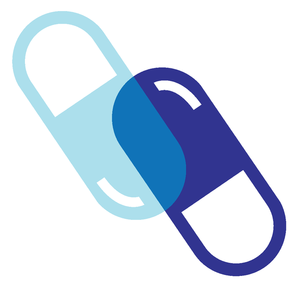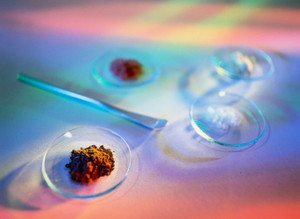US Food and Drug Administration (FDA) Commissioner Dr Scott Gottlieb has once again chastised brand-name drug companies that deliberately delay federal procedures and use regulations to delay the entry of generics competitors.
Dr Gottlieb made his comments at the Federal Trade Commission’s (FTC) workshop, Understanding Competition in Prescription Drug Markets: Entry and Supply Chain Dynamics, which was held on 8 November 2017 in Washington DC, USA.
During his keynote address, Dr Gottlieb accused brand-name drugmakers of abusing safety regulations to inhibit generics rivals, saying that his ‘message is this: end the shenanigans’.
Dr Gottlieb pointed to drugmakers’ abuse of Risk Evaluation and Mitigation Strategy (REMS) programmes, as well as tactics that otherwise frustrate the process following the end of patent exclusivity. Brand-name manufacturers have been accused in the past of using REMS to block generics manufacturers from obtaining samples of brand-name drugs needed for bioequivalence testing and FDA approval. This they do under the guise of patient safety concerns [1].
The comments come as FDA announced that it was releasing new draft guidance for industry on shared REMS system for generics and originator drugs.
Use of a drug master file for shared system REMS submissions
Date: November 2017
https://www.fda.gov/downloads/Drugs/GuidanceComplianceRegulatoryInformation/Guidances/UCM584202.pdf
The agency added that it is taking a two-pronged approach to addressing REMS issues:
- Working to find ways to encourage the use of shared system REMS between all originator and generic companies producing a drug.
- Exploring new steps that FDA can take to reduce the likelihood that brand-name drug companies can use the existence of REMS as a way to slow the entry of generic competition.
This is not a new proposal. A senate bill, The Creating and Restoring Equal Access to Equivalent Samples (CREATES) Act, was introduced back in 2016. The bipartisan legislation aimed to ‘end inappropriate delay tactics that are used by some brand-name drug manufacturers to block competition from more affordable generic drugs’ [2].
Generics makers have been complaining about REMS abuse for years. FDA has reported receiving more than 100 inquiries from generics developers who were unable to access samples of a brand-name drug to compare their generic drug product [2].
This has prompted Dr Gottlieb, who has already criticized REMS abuse, to say that he ‘consider[s] these tactics unfair and exploitive practices’ that are ‘in direct conflict to our broader public health goals’.
In September 2017, FDA also created a working group of senior staff focused on increasing generic drug competition [3].
Related articles
FAST generics act re-introduced to increase generics competition
Risk management is forgotten as FDA reform struggles through Congress
References
1. GaBI Online - Generics and Biosimilars Initiative. Healthcare alliance proposes ways to reduce drug costs in the US [www.gabionline.net]. Mol, Belgium: Pro Pharma Communications International; [cited 2017 Nov 24]. Available from: www.gabionline.net/Generics/General/Healthcare-alliance-proposes-ways-to-reduce-drug-costs-in-the-US
2. GaBI Online - Generics and Biosimilars Initiative. New bill would stop brand-name pharma restricting drug samples [www.gabionline.net]. Mol, Belgium: Pro Pharma Communications International; [cited 2017 Nov 24]. Available from: www.gabionline.net/Policies-Legislation/New-bill-would-stop-brand-name-pharma-restricting-drug-samples
3. GaBI Online - Generics and Biosimilars Initiative. FDA forms working group to increase generics competition [www.gabionline.net]. Mol, Belgium: Pro Pharma Communications International; [cited 2017 Nov 24]. Available from: www.gabionline.net/Generics/General/FDA-forms-working-group-to-increase-generics-competition
Permission granted to reproduce for personal and non-commercial use only. All other reproduction, copy or reprinting of all or part of any ‘Content’ found on this website is strictly prohibited without the prior consent of the publisher. Contact the publisher to obtain permission before redistributing.
Copyright – Unless otherwise stated all contents of this website are © 2017 Pro Pharma Communications International. All Rights Reserved.








 0
0











Post your comment